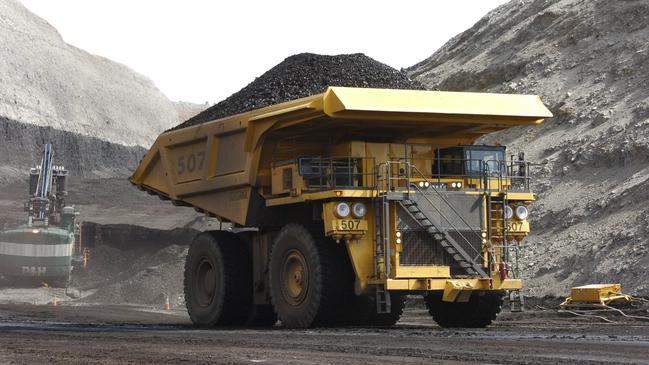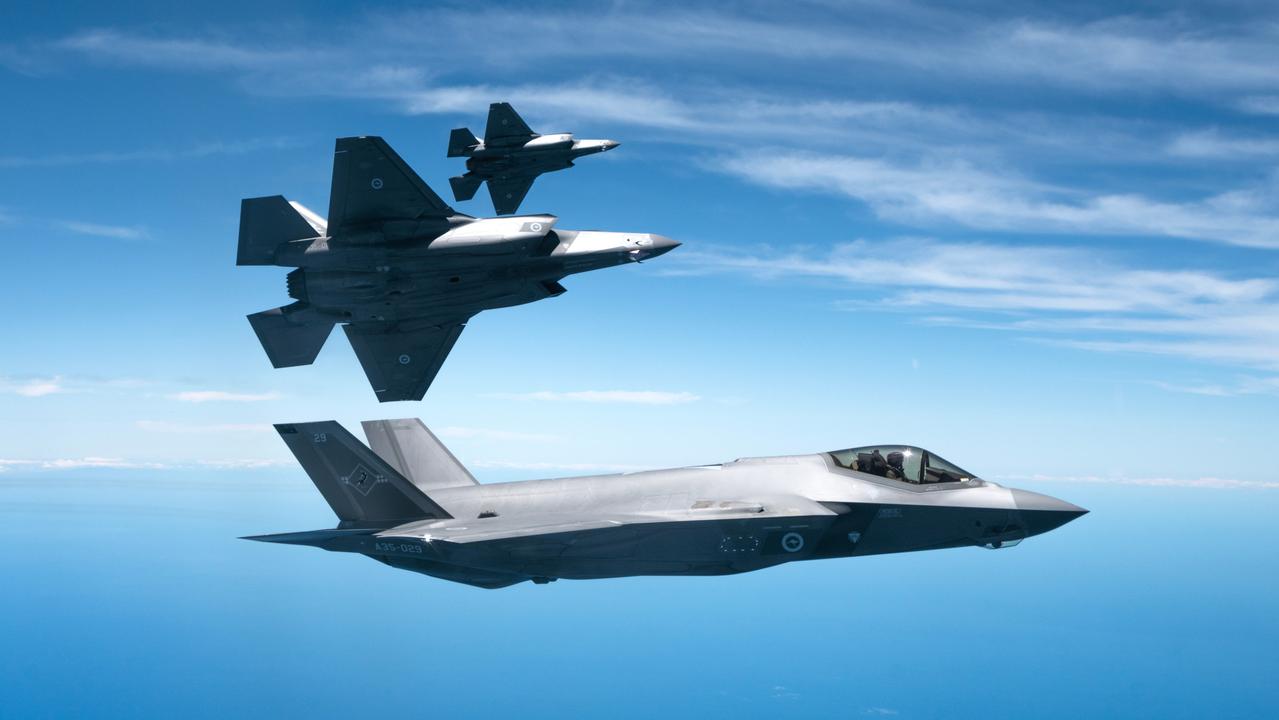Coalboat diplomacy: an own goal for China?
As of last Friday, there was about 8.8 million tonnes of Australian coal sitting on 82 ships anchored off China. So what happens next?

In the late-2020 environment of stabilisation and the first signs of recovery, the coal market certainly did not need to see a Sino-Australian diplomatic spat.
It was sparked by a range of Chinese concerns, but most notably about the Australian government’s call in May for an independent international inquiry into the origins of the COVID-19 outbreak — and Scott Morrison’s comment that the World Health Organisation (WHO) needed tough new “weapons inspector powers” to investigate what caused it.
That went down like the proverbial lead balloon in Zhongnanhai, the leafy leadership compound in Beijing, and has mysteriously, and coincidentally, resulted in cargoes of a swath of Australian goods — ranging from both types of coal, to beef and lobsters, but not (so far) iron ore — being denied access to Chinese ports, on a variety of pretexts.
This month, Chinese diplomats in Canberra finally gave substance to Beijing’s concerns — but this only placed the Australian government in an invidious position, being unwilling to be seen to kowtow to the Middle Kingdom.
As of last Friday, according to a report in The Australian, there was about 8.8 million tonnes of Australian coal (mostly metallurgical coal) — worth $US1.1bn ($1.49bn) — sitting on 82 ships anchored off China.
‘All that coal will find a home somewhere else, in the short term, because it’s high-quality Australian coal’
According to IEA (International Energy Agency) Clean Coal Centre, Australia supplied more than 40 per cent of China’s coking coal imports and 57 per cent of the nation’s thermal coal last year. China imported 253.16 million tonnes of coal from Australia between January and October compared with 299.67 million tonnes in 2019. But in October, China’s coal imports from Australia dropped by 47 per cent on October 2019, to 13.73 million tonnes.
It would have been worse if Australia had not been able to divert some cargoes that China would not take, to other markets such as Japan, India and Taiwan.
“All that coal will find a home somewhere else, in the short term, because it’s high-quality Australian coal,” says Mark Gresswell. “If China is trying to restrict imports to try to prop up domestic suppliers, which it occasionally does, it just punishes its own steel mills and thermal power stations.”
Investment bank Credit Suisse says Japan and India have been the primary recipients of cargoes from China, and that was helping cut the price of steel in those countries. “China’s Australian coal import ban is starting to look like an own goal for steel mills,” says Credit Suisse, as it enhances Japan’s steel competitiveness, in particular.
Chinese steel mills forced to do without Australian supply — despite Australian coking (steelmaking) coal being widely regarded as the best in the world — have been buying replacement coal from other countries, including Canada and the US, or at home. Either way, they are paying through the nose: investment bank RBC reported in October that steel mills were paying $US51 per tonne extra for each tonne of Chinese coking coal they purchased rather than imported coal.
Meanwhile, Japan and India have stepped-up their buying of Australian coal, with shipments of metallurgical coal to India hit a record 4.9 million tonnes in September, while Japan’s imports surged 73 per cent month-on-month to 3.1 million tonnes in September.
Credit Suisse says the Australian supply will likely be absorbed not only by traditional customers such as Japan, Korea and Taiwan, but by India, Brazil, Europe and Vietnam. With the ban “detrimental to Chinese steelmakers”, the investment bank expects it will be “removed after Chinese New Year, and prices will normalise”.


